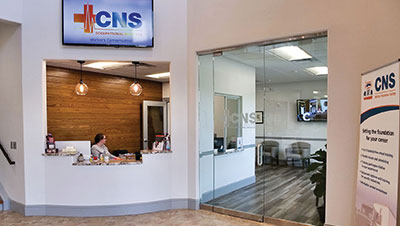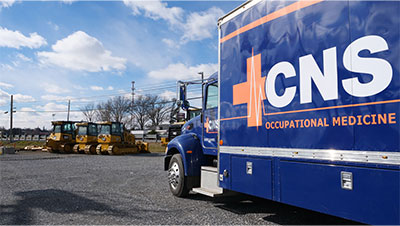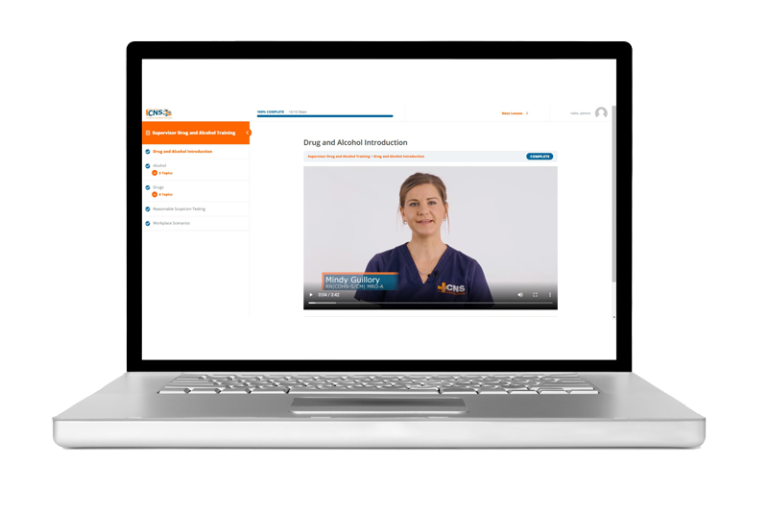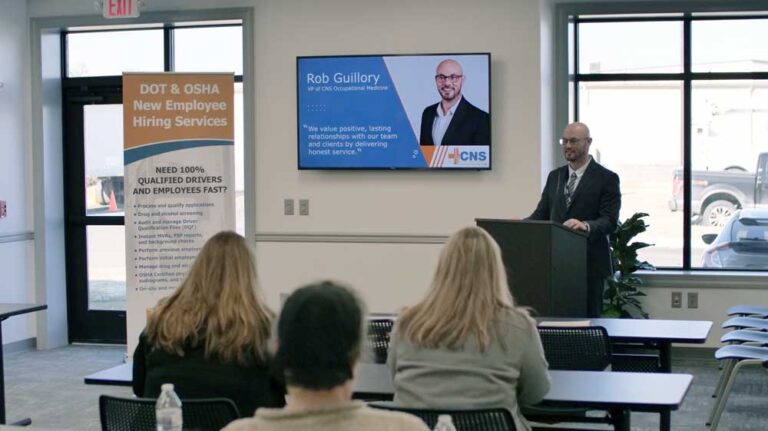Once OMB signs off, the DEA will take public comment on the plan to move away from Schedule I classification and drugs like heroin and LSD.
The U.S. Drug Enforcement Administration is moving to reclassify marijuana as a less dangerous drug as their proposal moves to the White House Office of Management and Budget for review.
It moves marijuana to Schedule III, alongside ketamine and some anabolic steroids, following a recommendation from the federal Health and Human Services Department.
Schedule III classifications are for drugs that:
- have a potential for abuse less than the drugs or other substances in schedules I and II,
- have currently accepted medical use in treatment in the United States, and
- moderate or low physical dependence or high psychological dependence that may result from their use.
Schedule III drugs are still controlled substances and subject to rules and regulations, and people who traffic in them without permission could still face federal criminal prosecution.
After the public-comment period the agency would publish the final rule. However, it would not legalize marijuana outright for recreational use.
Should the government reclassify marijuana?
Some critics argue the DEA shouldn’t change course on marijuana, saying rescheduling isn’t necessary and could lead to harmful side effects.
On the other hand, many say marijuana should be dropped from the controlled-substances list completely and be regulated like alcohol.
Regardless of which way you lean, federal drug policy has lagged behind many states in recent years, with 38 having already legalized medical marijuana and 24 legalizing its recreational use.
Also, the immediate effect of rescheduling on the nation’s criminal justice system would likely be more muted, since federal prosecutions for simple possession have been fairly rare in recent years and President Biden has already pardoned thousands of Americans convicted of possessing marijuana under federal law.
If reclassified, what should employers do to prepare?
It is important to note that even if marijuana is reclassified, it is unlikely that federally regulated safety-sensitive workers, such as truck drivers, would be allowed to begin using it either recreationally or medically.
This is why as employers, the risks of cannabis in the workplace should not be tolerated for safety-sensitive employees.
The biggest flaw with any legalization effort is how to gauge weekend recreational use and differentiate it from an addicted/abusive employee who is impaired.
If your business is not federally regulated, you can set up a policy however you feel comfortable, such as:
- only performing pre-employment drug testing
- only performing post-accident drug testing
- only targeting safety-sensitive roles for pre-employment, post-accident, and random drug testing
Just make sure you understand and follow local, state and Federal laws surrounding drug testing. For example, some states do not allow termination of employment for the first offense when tested positive for any drug.
We also recommend adding or requiring oral saliva drug tests.
Oral saliva testing is a quick, shorter detection window of a few hours to a few days, harder to cheat, and does not have sensitivity issues like urine testing. It is especially suited for reasonable suspicion and post-accident testing since you want to know if drugs may have played a factor in recent events, like a vehicle accident or workplace injury.
Finally, be open with your employees by providing educational materials on how marijuana affects the body and the risks of impairment at work and update your managers on reasonable suspicion training.
Get help with customized workplace health policy development
Workplace health and drug testing policies can be complicated to implement and change across your company.
For example, your drug testing policy should consider:
- Purpose of the Policy
- Specimen Types
- Testing Procedures
- Prescription Drug Disclosure
- Federal Regulations (DOT)
- State Drug Testing Laws and Marijuana Laws
- Workers’ Compensation
- ADA
- Prohibited Conduct
- Consequences
Our Compliance Division can develop a custom workplace safety plan for your company that combines services like physicals, drug testing, audiograms, respiratory fit testing, and more.
For more information, contact us at 800.551.9816 or info@cnsoccmed.com.










